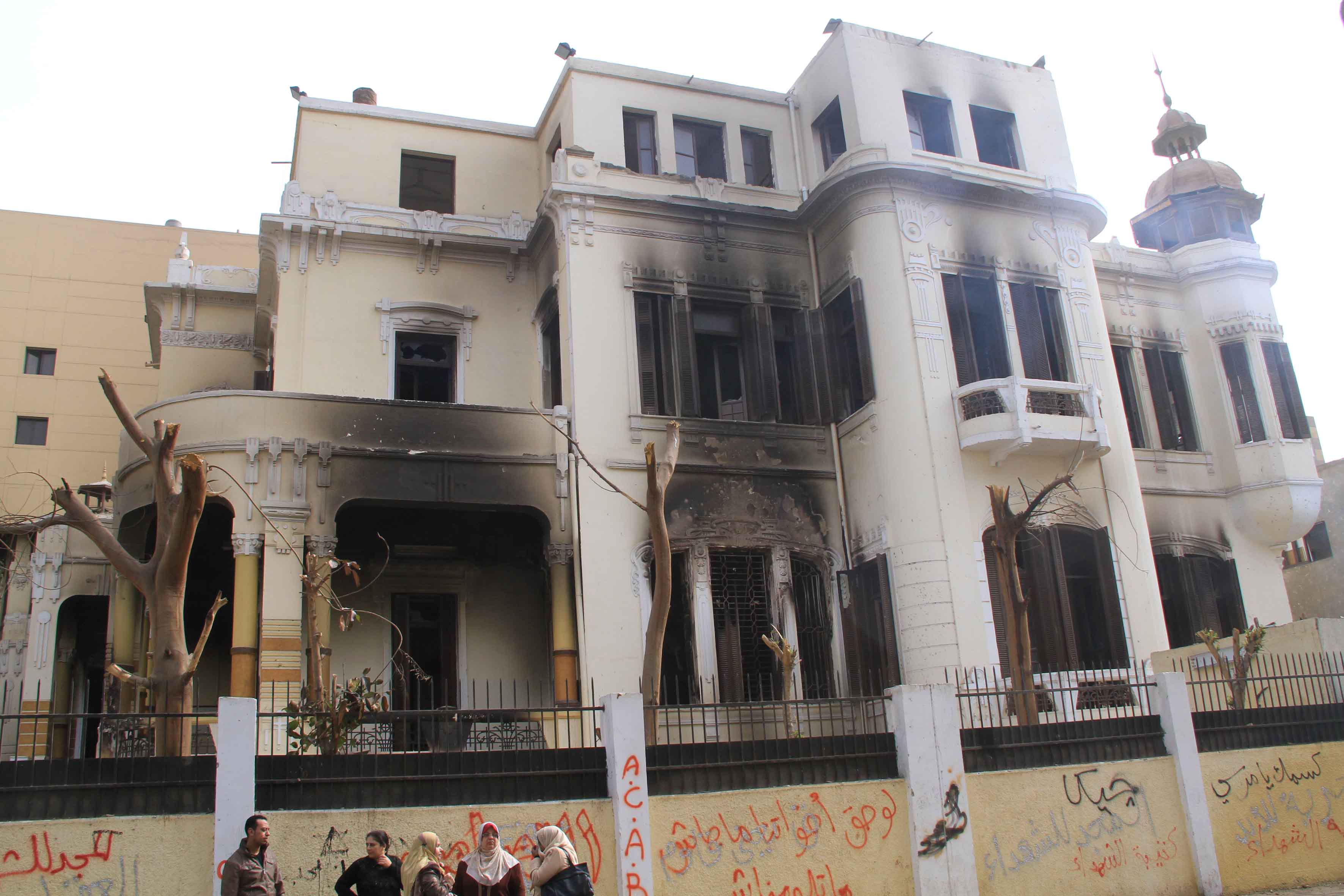Prime Minister Mostafa Madbouly chaired a high-level meeting on Tuesday to present the government’s investment vision for the healthcare sector over the next decade. The meeting was attended by Deputy Prime Minister for Human Development and Minister of Health and Population, Khaled Abdel Ghaffar, Minister of Investment and Foreign Trade, Hassan El-Khatib, as well as senior officials from both ministries.
Madbouly opened the session by reiterating the government’s focus on attracting investment to sectors with high growth potential. “As part of the state’s vision to seriously pursue investment opportunities in promising sectors and take further executive steps to boost the competitiveness of the Egyptian economy and increase foreign direct investment, the government has begun promoting several priority sectors and optimising the investment climate within them,” he stated.
He noted that this strategy is in line with the national development framework led by President Abdel Fattah Al-Sisi, which includes the creation of a unified investment map, structural reforms, and digital transformation. “The healthcare sector stands at the forefront of these promising sectors—especially medical tourism,” he said. “We are committed to providing full support to healthcare as a strategic investment in the nation’s future.”
The Prime Minister announced a series of forthcoming meetings with officials from targeted sectors to ensure that investment plans align with specific national development goals. “The Ministry of Investment will serve as the primary platform to present and promote these opportunities,” he said. “We must link available investment opportunities to defined targets within each sector.”
Health Minister Khaled Abdel Ghaffar presented an overview of the ministry’s investment roadmap. “We have already established a department within the ministry dedicated to investment in the health sector, and we are working closely with the Ministry of Investment,” he said.
Abdel Ghaffar detailed the comprehensive plan to develop healthcare infrastructure, including new facilities and the modernisation of existing centres, alongside advancing Egypt’s universal health insurance rollout. “The investment plan is not only about facilities; it is about building a healthcare system ready for the future,” he noted.

He highlighted a strong legal framework that encourages public-private partnerships while adhering to international standards. “This framework creates a balance between public responsibility and private sector efficiency, ensuring quality health services are accessible while supporting investor confidence,” he said.
During the meeting, Abdel Ghaffar presented over 75 healthcare investment opportunities, spanning medical facilities, specialised services, medical technology, digital healthcare, pharmaceutical localisation, and emerging services such as home healthcare. “We are offering opportunities across a wide range of areas, from managing and operating hospitals to digital transformation projects using artificial intelligence,” he explained.
In terms of healthcare infrastructure, he noted: “There are 63 opportunities to develop, operate, or manage hospitals—whether through upgrading existing facilities, completing new ones under construction, or acquiring land to build new hospitals with attractive incentives.” He added that 21 plots of land in new urban communities have been allocated for the construction of investment hospitals in partnership with the private sector.
Abdel Ghaffar also highlighted initiatives in advanced diagnostics and medical technology, particularly the localisation of X-ray device manufacturing. “We aim to reduce reliance on imported medical equipment by building domestic production capacity,” he said.
On digital healthcare, he unveiled a proposal for a unified hospital information management system and a national infrastructure for digital medical records. “This is part of a five-year plan to digitally transform Egypt’s healthcare system, powered by artificial intelligence and delivered in full partnership with the private sector,” he said.
He also addressed opportunities in local pharmaceutical production, offering insights into the current state of the sector and ambitions for expanded local manufacturing. “Increasing domestic pharmaceutical output is key to ensuring medical security and economic resilience,” he said.
Turning to home healthcare, Abdel Ghaffar introduced the “Salamtak” application, aimed at providing high-quality, in-home medical services. “Around 40 per cent of patients currently admitted to hospitals don’t actually require inpatient care,” he said. “Our goal is to provide these individuals with professional, accessible care in their homes, which also eases the burden on hospitals.”
He added: “This service supports elder care, early diagnosis, and chronic condition monitoring. It also creates professional development opportunities and a modern digital work environment.” The market for home healthcare, he noted, is projected to generate EGP 27bn annually through an estimated 13 million home visits.
The Health Minister also introduced a state-led project to establish Sehet Masr company, that will manage and operate affordable health facilities. “This will ensure affordable services on par with those in the private sector, while maintaining government oversight and regulation,” he said. He also shared details of a 200-bed hospital project, including feasibility data and partnership opportunities.
Minister of Investment Hassan El-Khatib confirmed the ministry’s commitment to turning this vision into reality. “We have a clear vision and a well-defined framework. Teams from both ministries are already working within these parameters,” he said. “We are crystallising these investment opportunities to support state targets, whether that’s in terms of increasing bed capacity or upgrading health services.”
He added: “Integrated investment opportunities for the next ten years will be prepared and presented to investors, coupled with the golden licence. These opportunities will be listed on the investment map and supported by cooperation with investment banks.” He assured that all relevant data would be available to investors, along with standardised contracts to streamline the process.
Concluding the meeting, Prime Minister Madbouly instructed officials to move swiftly in preparing these opportunities for private sector engagement. “It is essential that these opportunities are presented clearly, with golden licences, defined partnership mechanisms, and standardised contracts. This will provide the clarity and confidence needed to attract high-quality investors,” he said.




